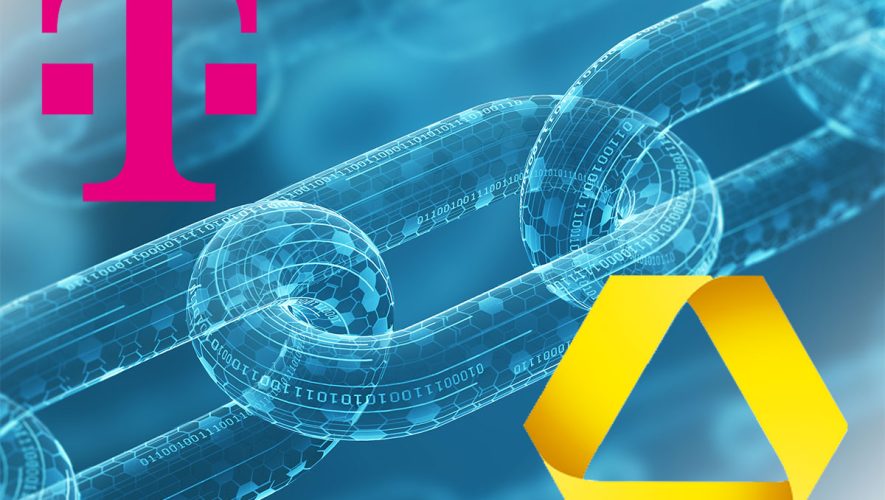- Commerzbank and Telekom are jointly digitizing supply chains for Industry 4.0 .
- The goal is consistently automated supply chains with integrated financial solutions.
- Joint development with pilot customers from the logistics industry.
Deutsche Telekom and Commerzbank cooperate in the industrial sector. Together they develop end-to-end automated supply chains with integrated financial services. The Telekom subsidiary T-Systems and Commerzbank rely on digital technologies such as 5G , artificial intelligence, the Internet of Things (IoT) , blockchain , cloud and sensor technology. Corporate customers benefit from the digital linking of the physical with the financial supply chain through:
• More efficient, transparent and resilient delivery routes
• Intelligent warehouse management
• Better access to liquidity
• Integrated automated financial services
• Cost savings
Digital supply chains save costs and bring transparency
The current geopolitical and economic situation exposes the weaknesses of supply chains . Many delivery routes are complex, static, non-transparent and contain numerous manual steps. They are designed to work when all framework conditions remain constant and predictable. The susceptibility to error is high because physical and financial supply chains are in most cases not digitally connected.
A continuous stock, the timely delivery of the material required for production and its timely payment are particularly important for manufacturing companies. This physical process can be automated and digitized with modern technology. This is made possible, for example, by sensors on load carriers such as pallets. Positioning technologies can be used to determine the movement of goods along supply chains during transport between suppliers and producers (interlogistics) and a production facility (intralogistics). This creates a data foundation: in the future, producers, suppliers, transport service providers and Commerzbank will be able to communicate digitally and in real time about their flow of goods. In this way, orders or payments can be triggered or certain financial services such as working capital optimization, supplier financing or risk hedging can be commissioned automatically.
Technology standards and reference architectures ensure secure and sovereign data exchange between all parties. Financial transactions are carried out based on blockchain technology. So-called “smart contracts”, i.e. intelligent electronic contracts, form the basis for this. They determine which financial transactions are triggered under defined conditions, so-called triggers.
Logistician tests digital supply chain in the Werner-von-Siemens Center
In a six-month test, T-Systems and Commerzbank are optimizing the digital solution together with a pilot customer from the logistics industry. The individual challenges of the customer during the delivery process or in the department store are taken into account. The infrastructure of the Werner-von-Siemens Center in Berlin is used for this. T-Systems operates a research and development hub for industrial solutions there.
“Companies need technologies like 5G, IoT or the cloud to exchange digital information with everyone in the supply chain worldwide. In the cooperation with Commerzbank, we are bringing the technology and finance worlds together in order to digitize all aspects of a supply chain – from purchasing, invoicing and logistics to payments,” said Urs M. Krämer, Managing Director Sales at T- systems.
Scalable solution for Industry 4.0 supply chains
“Supply chains will change rapidly due to digital networking and integrated payments,” said Dr. Joerg Oliveri del Castillo-Schulz, Chief Operating Officer of Commerzbank. “Together with T-Systems, we are working on scalable solutions so that our customers can make their complex supply chains more efficient, resilient and productive.”
Commerzbank is also supported with scientific expertise as part of its cooperation with the Fraunhofer Institute for Material Flow and Logistics (IML) in Dortmund. “By integrating the blockchain-based solution that we are developing together with Commerzbank as part of the Trade Finance Innovations Lab, the partners will be able to link physical and financial supply chains in the future in order to create an economic end-to-end to achieve automation in supply chains,” said Prof. Dr. dr hc Michael Henke, Director of the Fraunhofer IML.
The cooperation also deliberately relies on an open ecosystem to enable connections to open source infrastructures such as the Silicon Economy of the Fraunhofer Institute for Material Flow and Logistics IML, the International Data Spaces Association or the European project Gaia-X.



